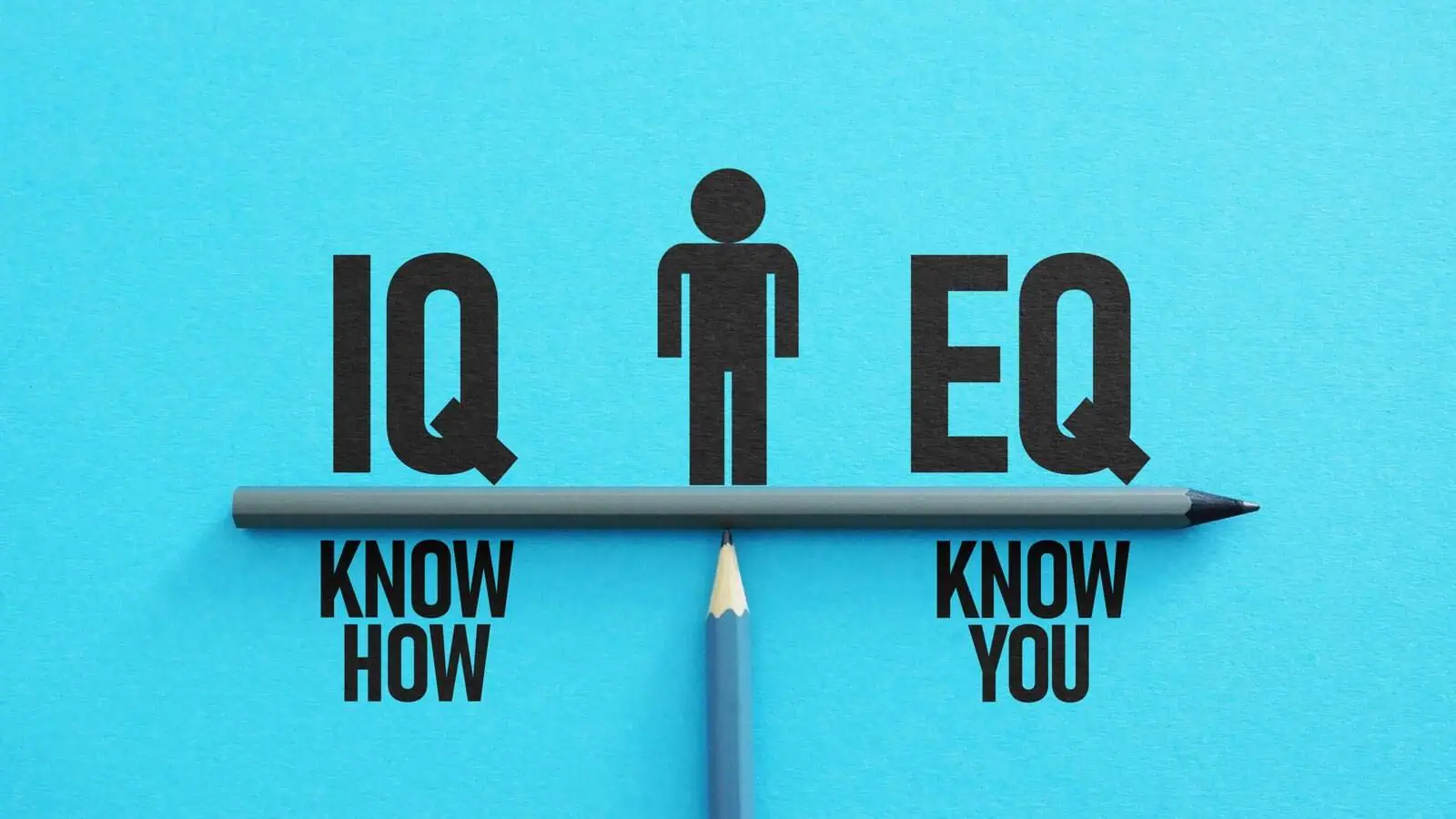Nowadays, when the business landscape has become more competitive than ever, technical expertise alone doesn’t guarantee success—emotional intelligence (EQ) is the hidden differentiator. While hard skills get employees in the door, they can navigate emotions, build trust, and communicate effectively, which determines long-term success. Forward-thinking companies are realising that EQ isn’t just a ‘soft skill’—it’s a critical driver of productivity, innovation, and workplace harmony.
The demand for emotional intelligence training has surged as organisations witness its impact on employee retention, team dynamics, and leadership effectiveness. It’s clear that investing in these skills isn’t just beneficial—it’s essential for sustainable growth.
Keep reading this blog for an in-depth look at the best reasons why employers should invest in obtaining quality EQ training for their team members.
The Power of Emotional Intelligence in the Workplace
Emotional intelligence skills—such as perceiving emotions, understanding emotions, and managing emotions—play a crucial role in workplace success. Studies show that employees with high EQ are better at collaboration, active listening, and communication skills, all of which contribute to a healthier work environment. Many Fortune 500 companies now integrate emotional intelligence training into their leadership development programs, recognising that leaders with strong social and emotional intelligence drive better results.

How EQ Training Transforms Organisations
Emotional intelligence training doesn’t just improve individual performance – it reshapes entire organisational cultures. Here are some examples of the transformational power of professional EQ training:
1. Improved Communication & Collaboration
Training programs that focus on EQ skills help employees engage in emotional conversations more effectively. By developing relationship-building skills, teams can resolve conflicts faster and work together more harmoniously.
2. Stronger Leadership
Companies that invest in EQ Leadership Certification for managers see a direct impact on team morale and productivity. Leaders trained in brain styles and mentoring activation profiles can adapt their approach to support their teams better.
3. Higher Employee Retention & Satisfaction
Employees who feel understood and valued are more likely to stay with an organisation. EQ training enhances the quality of life at work by helping employees navigate life challenges with greater resilience.
4. Data-Driven Growth
Through tools like assessment debriefs, personal annual reports, and VET processes, organisations can track progress and refine their learning programs. Some companies even use an AI-powered EQ coach to provide real-time feedback.
When organisations invest in EQ development, they’re not just building better employees – they’re cultivating resilient, emotionally intelligent teams that drive sustainable business success.
The Critical Role of EQ in Remote and Hybrid Work Environments
As flexible work arrangements become the norm, emotional intelligence has emerged as the glue holding distributed teams together. Remote work strips away physical cues, making skills like perceiving emotions through digital communication and managing virtual team dynamics more valuable than ever.
Virtual workplaces intensify emotional challenges – from screen fatigue to isolation – that require advanced EQ skills to navigate successfully. As such, specialised training in digital empathy, written emotional intelligence (email tone awareness), and virtual conflict resolution is becoming essential. Forward-thinking companies are using AI-powered EQ platforms to analyse communication patterns and provide personalised development for remote employees.
The most successful hybrid teams combine technical infrastructure with emotional infrastructure – regular check-ins, virtual watercooler moments, and EQ-informed management practices. When implemented well, remote EQ training creates an inclusive culture where distributed employees feel equally valued and connected, proving that physical distance doesn’t have to mean emotional distance.
How to Build and Strengthen Emotional Intelligence at Work
Developing emotional intelligence skills starts with self-awareness—regularly reflecting on your emotions, triggers, and reactions in professional settings. Tools like assessment debriefs or working with an AI-powered EQ coach can provide valuable insights into your strengths and areas for growth. Over time, this awareness helps you manage emotions more effectively, leading to better decision-making and composure under pressure.
Another key step is practising active listening and empathy in workplace interactions. Instead of simply waiting to respond, focus on truly understanding colleagues’ perspectives, especially during emotional conversations. Strengthening these relationship-building skills fosters trust, reduces misunderstandings, and creates a more collaborative environment.
Finally, seek structured development opportunities or mentoring activation profiles to refine your abilities in real-world scenarios. Engaging in learning programs that include role-playing, feedback sessions, and ear training games can accelerate growth. By committing to continuous improvement, professionals can transform their social and emotional intelligence into a career-long competitive advantage.
Conclusion
Investing in emotional intelligence training isn’t just a perk—it’s a strategic advantage. Organisations that prioritise EQ see stronger teams, better leaders, and a more engaged workforce. By embracing the learning process of emotional intelligence, employers can build workplaces where people thrive, both professionally and personally.
Is your company ready to unlock the full potential of its workforce? The time to invest in EQ is now.
Liz Wiley MBA is Editor of Prowess.org.uk and a qualified SFEDI-accredited business adviser, coach and enterprise trainer with more than 15 years’ experience supporting entrepreneurs and small business owners across the UK. She has designed and delivered start-up, growth and leadership programmes for public sector agencies, universities and enterprise organisations, working directly with founders at every stage of development.
Her expertise includes business planning, financial sustainability, strategic growth and confidence development, with a particular focus on supporting women founders to build resilient, scalable businesses.
Liz holds a Master of Business Administration from the Open University and has recently completed a Diploma in Digital Marketing with the Digital Marketing Institute, strengthening her advisory work in online growth strategy and digital positioning.

